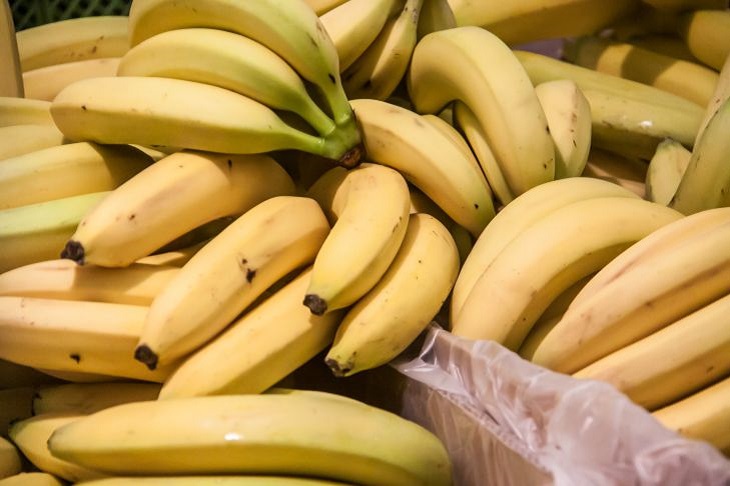The kidneys play a very important role in your body - they are responsible for removing waste through urine, producing hormones, and filtering toxins and excess fluid from the blood.
Because of all of the above, it is important to always take care of your kidneys and try to keep them healthy.
Unfortunately, some foods can be harmful and affect the normal functioning of the kidneys, of course, if eaten in excessive quantities.
Avocado
Although avocado is highly valued for its various nutritional properties, consuming it too often can be dangerous for your kidneys, especially if you already have kidney problems.
And the reason for this is that the fruit has very high levels of potassium. Our bodies need this mineral, but too much potassium in the blood can cause serious problems such as muscle cramps and irregular heartbeat.

Meat
Animal proteins can be difficult to metabolize, so removing waste places a burden on the kidneys.
A diet rich in animal protein can also lead to the development of kidney stones because meat contains high amounts of purines, which stimulate the production of uric acid, one of the most common causes of stones.
To get the necessary protein, it is better to pay attention to vegetables and nuts.
Salt
A healthy diet should contain about a teaspoon of salt daily (for all meals). If you eat too much salt, your kidneys will have to work harder to eliminate the excess sodium, so they may start retaining water, which is a recipe for high blood pressure.
To keep your kidneys healthy, you can add spices and herbs to your food instead of excess salt.
You should also reduce your intake of processed, packaged and prepared foods, such as convenience foods, soup packets, frozen prepared foods, mayonnaise and salad dressings. These are all typically very high in salt.
Bananas
Bananas are famous for their high potassium content, which can be harmful for anyone whose kidneys are not functioning properly.
A healthy adult should consume 3,500–4,700 mg of potassium from food per day, and a medium banana (150 g) already contains about 537 mg. And if you suffer from kidney disease, your potassium intake should be even lower because your body will not be able to filter out the excess.
Dairy products
Although dairy is rich in vitamins and nutrients, too much milk, yogurt, and cheese can do more harm than good.
This is because the high amounts of phosphorus in these foods can put a strain on your kidneys. If your kidneys are not fully functional, they will not be able to remove excess phosphorus from your blood, leading to weak bones and an increased risk of fractures.
Whole wheat bread
Such bread is healthy and nutritious, but consuming too much, especially in people with kidney problems, can be harmful.
The reason is the increased content of phosphorus and potassium. One slice of whole grain bread contains 70 mg of potassium and 57 mg of phosphorus, compared to one slice of white bread, which contains only 25 mg.
Orange and orange juice
While oranges and orange juice themselves are low in calories and rich in vitamin C, they also contain high levels of potassium. One medium orange provides 240 mg of potassium, and one cup of orange juice can contain about 470 mg.
Given these numbers, orange and orange juice consumption should be limited, especially when you do not have fully functioning kidneys. If they are unable to eliminate excess potassium from the blood, it can be very dangerous for the body.








